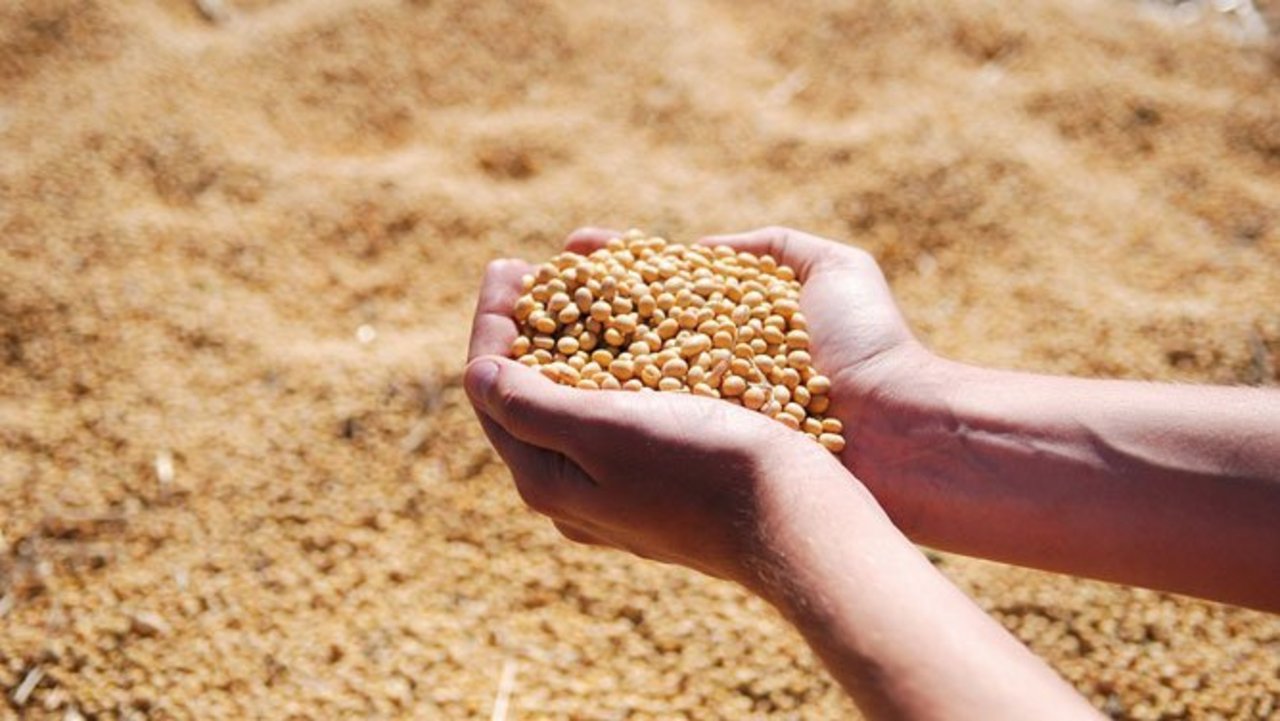Climatologist Francis Lacerda, from the Agronomic Institute of Pernambuco, states that climate change is making these heat events more frequent and severe, impacting agriculture. According to her, agroecological practices, such as intercropping, can help mitigate these effects. Thus, trees and legumes are planted together, creating an environment that protects against excessive solar radiation and promoting better water use and soil fertility.
As climate change intensifies, farmers have faced challenges due to unpredictable weather conditions. For soybeans, planting and harvesting windows have changed, compromising production. In addition, heat waves favor the growth of insects, fungi, and bacteria that damage crops.
Francis advocates public policies that encourage technologies for capturing and storing water and for independent energy generation, reducing the vulnerability of agricultural communities to the effects of extreme weather.
She also highlights that some species adapted to hot and dry climates, such as the umbuzeiro, are disappearing due to new climate variables.
The climatologist suggests that sustainable practices, such as growing food in backyards and urban spaces, can be adopted, but emphasizes that government support is needed for these initiatives.
“Ensuring water, energy and food security, both in the countryside and in cities, requires public policies that finance and guide these practices,” he concludes.
